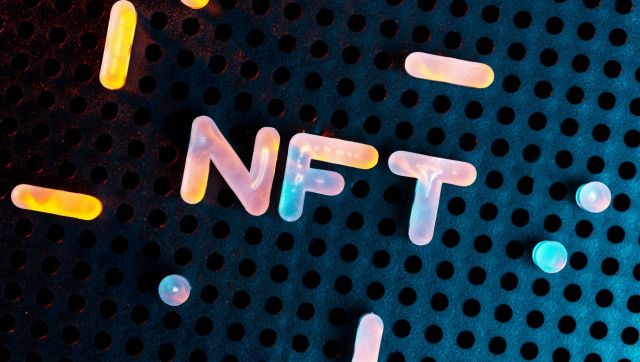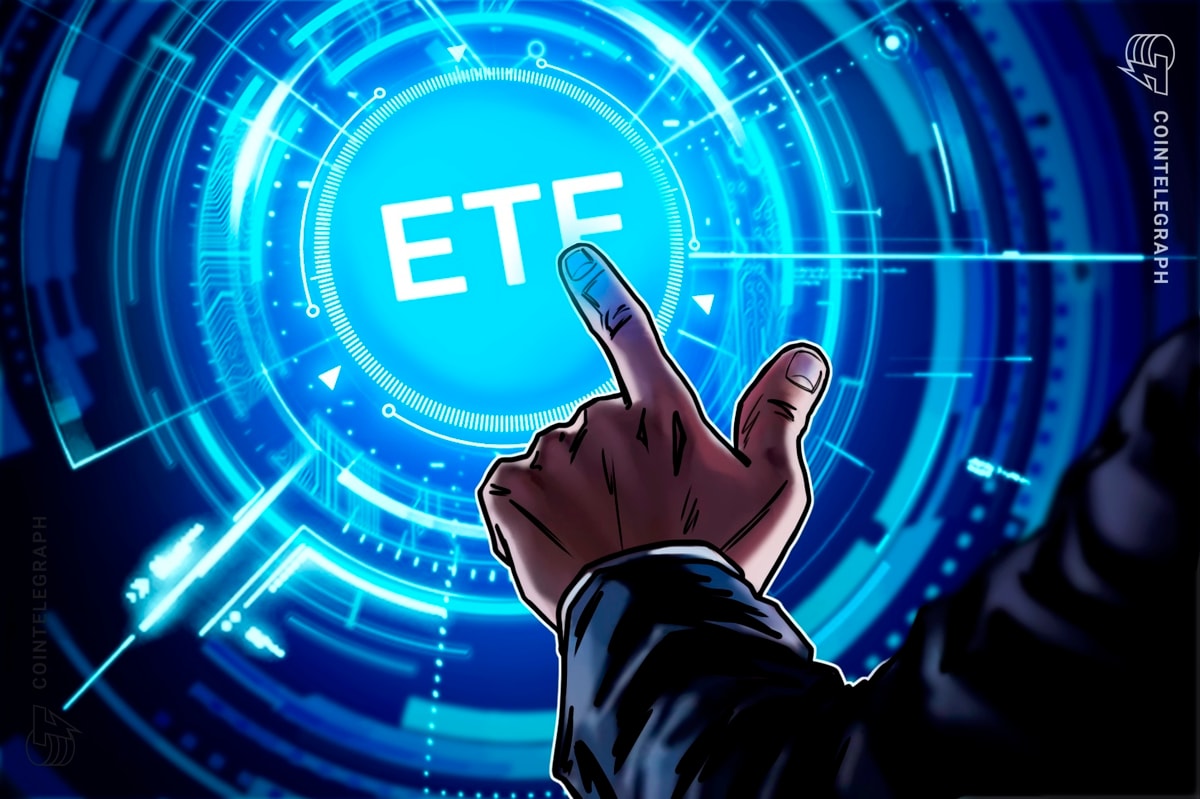One of the largest producers of censorship-resistant blocks on Ethereum has u-turned, announcing it will start censoring blocks sanctioned by the United States Office of Foreign Asset Control (OFAC) across all of its maximum extractable value (MEV) relays in compliance with local laws.
The firm, bloXroute Labs — which has produced at least 400,000 Ethereum blocks from its two leading MEV relays — made the announcement of its policy change on Dec. 18 in a post on X (formerly Twitter), noting:
“Effective immediately, all bloXroute relays will reject block bids if they contain OFAC transactions.”
An “OFAC transaction,” as described by bloXroute Labs, is any that interacts with a wallet sanctioned by OFAC.
All of bloXroute Labs’ relays will be affected, including the “bloXroute Max Profit” relay, the second-largest censorship-resistant MEV relay with over 380,000 blocks produced since the Ethereum Merge on Sept. 15, 2022, according to data shared with Cointelegraph by Australian blockchain development firm Labrys.

Despite the news, bloXroute Labs says it is still committed to keeping Ethereum decentralized and permissionless while operating within the bounds of the law.
announcement:
— bloXroute Labs (@bloXrouteLabs) December 18, 2023
bloXroute MEV Relays to reject blocks w/ OFAC tx
effective immediately, all bloXroute relays will reject block bids if they contain OFAC transactions (Tx which interact with addresses appearing on the OFAC SDN list)
We remain committed to supporting ETH… pic.twitter.com/9kEdAy82yf
However, some members of the Ethereum community claim that stricter compliance measures are now limiting pathways to credible neutrality on Ethereum.
This “sets a concerning precedent for the industry,” Labry’s CEO Lachlan Feeney told Cointelegraph.
“Like the internet, censorship should be avoided [at the protocol level], and instead, rules and regulations are best applied at the application level,” Feeney explained.
Given Ethereum is a global infrastructure, Feeney said he was concerned that more countries will enforce their own sanctions, which could make it impossible to construct a block that complies with all regulatory regimes around the world:
“What happens when China or Russia wants transactions sanctioned? Should these sanctions be applied also, even if they are sanctioning legitimate U.S. businesses?”
What, even bloXroute is censoring now?
— arixon.eth (@arixoneth) December 18, 2023
Man, we really need those inclusion lists if we don't want Ethereum to become a FED chain, sure this one change won't cause a big difference but most relays and builders will bend a knee to OFAC
Maybe PBS was a mistake after all... https://t.co/MbeIzjlCe7 pic.twitter.com/qzt0OgUhUl
About 36% of blocks are currently censored due to those blocks containing OFAC-sanctioned transactions, according to MEVWatch.info, down from a peak of 78% on Nov. 20. It has mostly hovered around 30–40% since March.

Validators use MEV relays to extract value from a blockchain network by adding, removing or changing the order of transactions in a block. MEV profits often come at the expense of ordinary users, so MEV-Boost relays were introduced to minimize that harm.
Related: Flashbots builds over 82% relay blocks, adding to Ethereum centralization
Censorship on Ethereum became a concern when it transitioned to proof-of-stake on Sept. 15, 2022. A month before, OFAC started sanctioning specific wallet addresses linked to criminals and transactions from cryptocurrency mixers, such as Tornado Cash.
This has cornered many MEV relays worldwide to choose between keeping Ethereum credibly neutral or complying with local laws.
Feeney said he isn’t sure whether bloXroute was forced into compliance, but he’s confident the decision wasn’t made lightly, as the firm acknowledged that it would reduce the win rate of its relays.
Magazine: Ethereum restaking: Blockchain innovation or dangerous house of cards?











